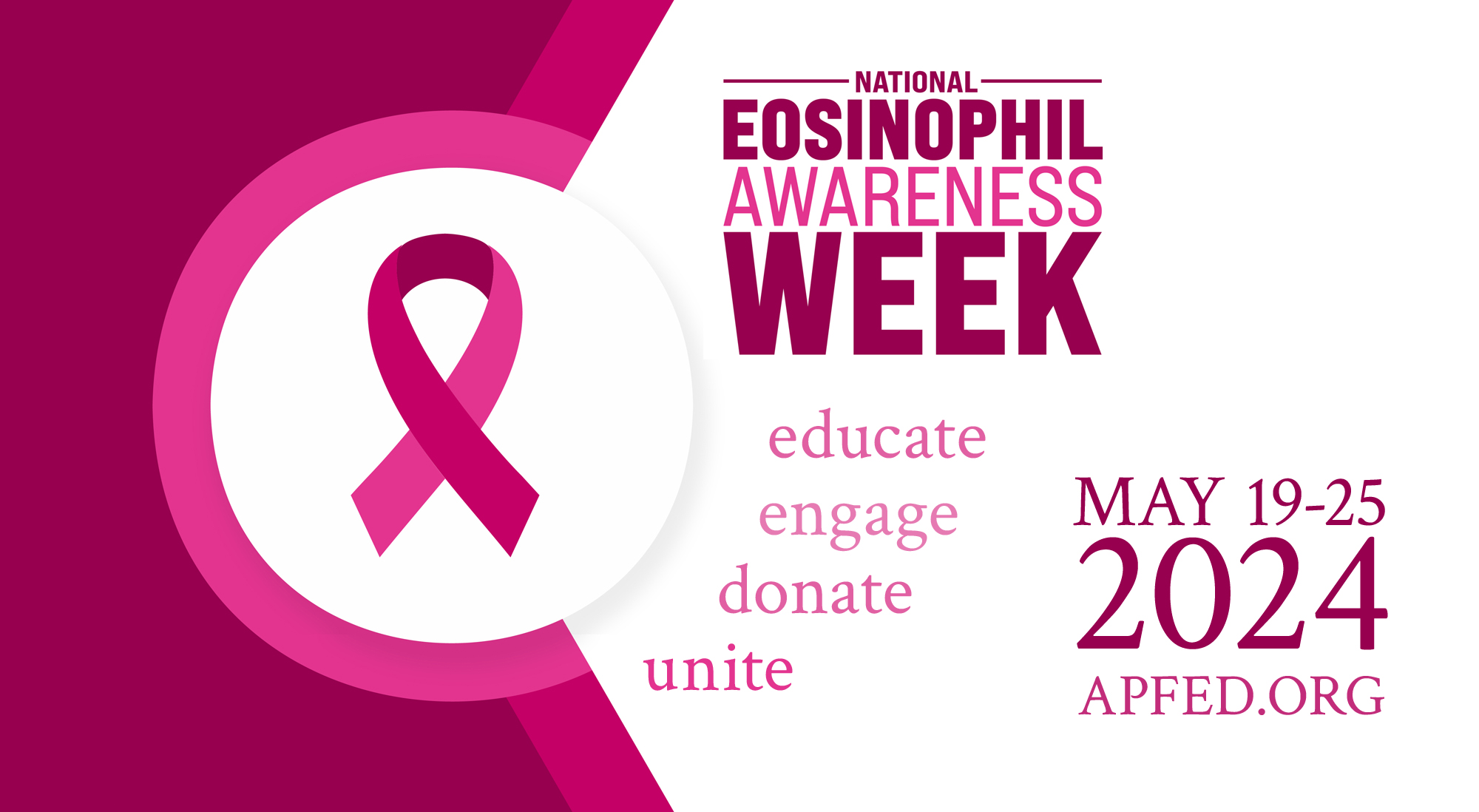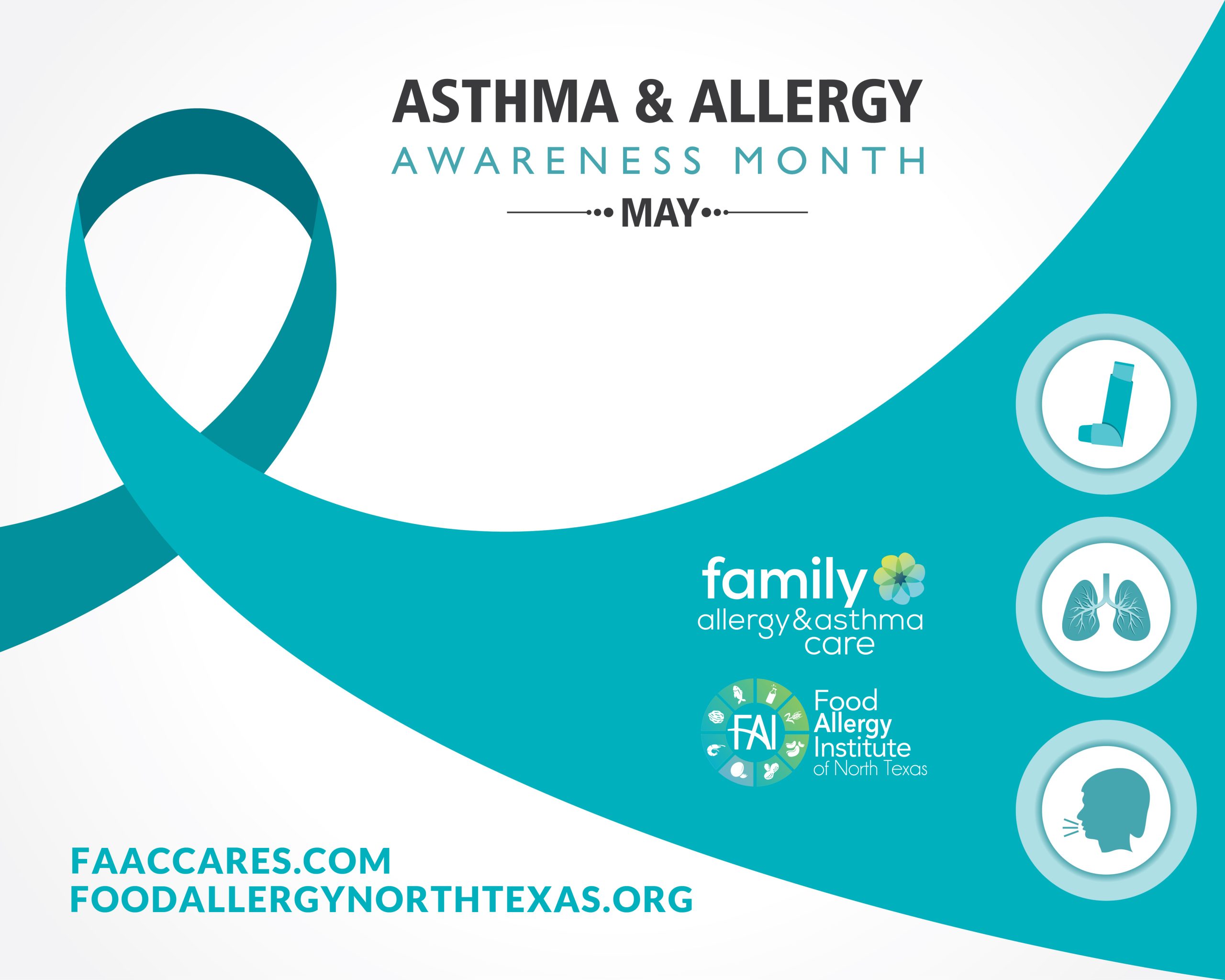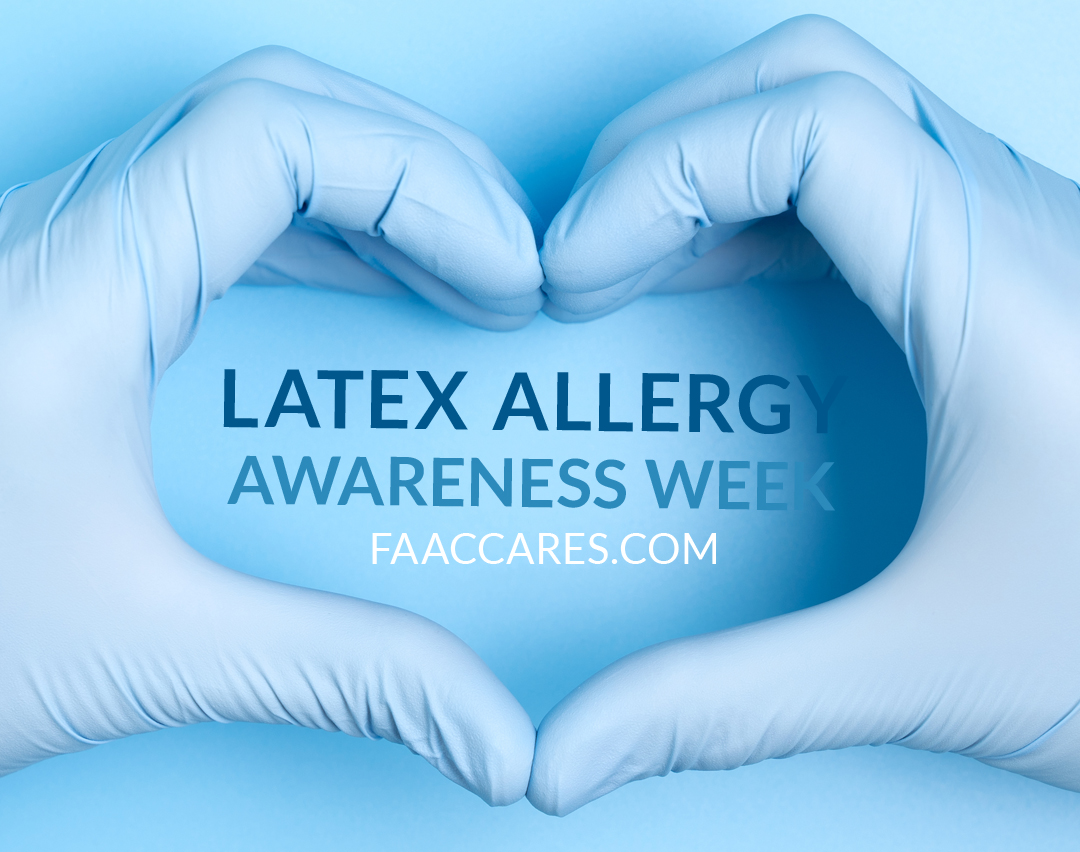
Allergy and Asthma Summer Camp Tips
Summer camp is an exciting adventure for kids, filled with fun activities, new friendships, and memorable experiences. However, for children with allergies and asthma, the prospect of going to camp

We’ve brought peace of mind to families for over 25 years. Because we’re board-certified experts in our field, we know it’s important to track pollen counts and keep up with the latest developments in allergy research. Our blog is full of insights from our family, to yours.

Summer camp is an exciting adventure for kids, filled with fun activities, new friendships, and memorable experiences. However, for children with allergies and asthma, the prospect of going to camp

National Eosinophil Awareness Week is May 19-25, 2024 focusing on eosinophil-associated diseases. The U.S. House of Representatives passed House Bill 296 in May 2007 forever recognizing the third week of

Every May, a spotlight shines on two common yet often misunderstood conditions: allergies and asthma. Allergy and Asthma Awareness Month is an opportunity to educate patients, family, friends, co-workers, and

So far in 2024, the start of springtime activity has been up to three weeks ahead of schedule in the U.S. Springtime pollen release is heavily shaped by winter and

Texas’ vast landscapes and diverse flora is home to numerous trees and plants. If you’re a Texan or have spent time in the region, you might be familiar with the

During the Christmas holiday season the air is filled with joy and excitement. However, for those with asthma, the holiday season can also bring challenges, with triggers such as cold

October is Eczema Awareness Month! Eczema, also known as atopic dermatitis, is a chronic skin condition that affects millions of people worldwide. It’s characterized by red, itchy, and inflamed skin

October 1-7 is Latex Allergy Awareness Week aiming to raise understanding about the condition. It can cause a range of allergic reactions in individuals exposed to latex-containing products. Latex Allergy

September 28 is the date Alexander Fleming discovered penicillin in 1928. Significantly it was designated National Penicilin Allergy Day to celebrate raising awareness and focusing on the importance of knowing

The Atopic Eczema Community joins together on September 14, 2023 to raise awareness. Atopic eczema is one of the most prevalent skin diseases in the world. World Atopic Eczema Day
Receive our board-certified doctor-approved periodic news, tips and articles.